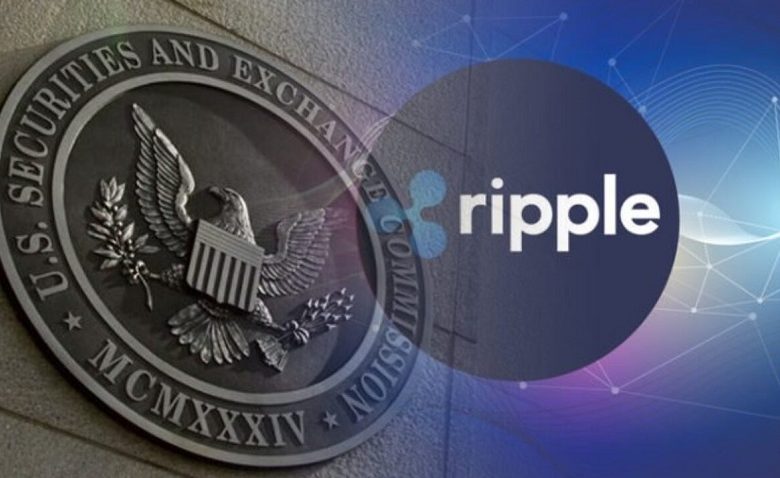Ripple Labs, the company behind the XRP cryptocurrency, is facing a potential $2 billion penalty from the Securities and Exchange Commission (SEC) in an ongoing legal battle. The hefty fine highlights the escalating tensions between the SEC and the cryptocurrency industry, with both parties locked in a bitter dispute over the classification of XRP.
The SEC contends that XRP is an unregistered security, and its sale violated federal securities laws. Ripple, on the other hand, maintains that XRP is a utility token, similar to how internet data units are exchanged, and therefore not subject to securities regulations.
Ripple's Chief Legal Officer, Stuart Alderoty, has vehemently criticized the SEC's actions, calling them "misleading" and "punitive." He argues that the SEC's approach stifles innovation in the cryptocurrency space and hinders the growth of American fintech companies. Alderoty has also pointed out the inconsistency in the SEC's enforcement actions, highlighting how other similar digital assets haven't been targeted by the regulatory body.
The legal battle between Ripple and the SEC has far-reaching implications for the entire cryptocurrency industry. A win for the SEC would set a precedent for how the regulatory body classifies and oversees digital assets, potentially leading to a stricter regulatory environment for cryptocurrencies. Conversely, a victory for Ripple could provide much-needed clarity for the industry and pave the way for wider adoption of cryptocurrencies.
The outcome of the lawsuit is likely to have a significant impact on the price of XRP. The digital currency has already experienced significant volatility throughout the legal proceedings, and a definitive ruling from the courts could trigger further price swings. Investors are closely monitoring the case, with the potential $2 billion fine hanging over Ripple casting a shadow of uncertainty on the company's future.
Industry experts believe that the SEC's aggressive stance towards Ripple could discourage investment in the United States and push companies abroad to more crypto-friendly jurisdictions. This, they argue, could ultimately harm the American economy and stifle innovation in the burgeoning fintech sector.
The legal battle between Ripple and the SEC is a complex one, with intricate arguments on both sides. The outcome of the case will not only determine the fate of Ripple and XRP but also set a crucial precedent for the future of cryptocurrency regulation in the United States.

